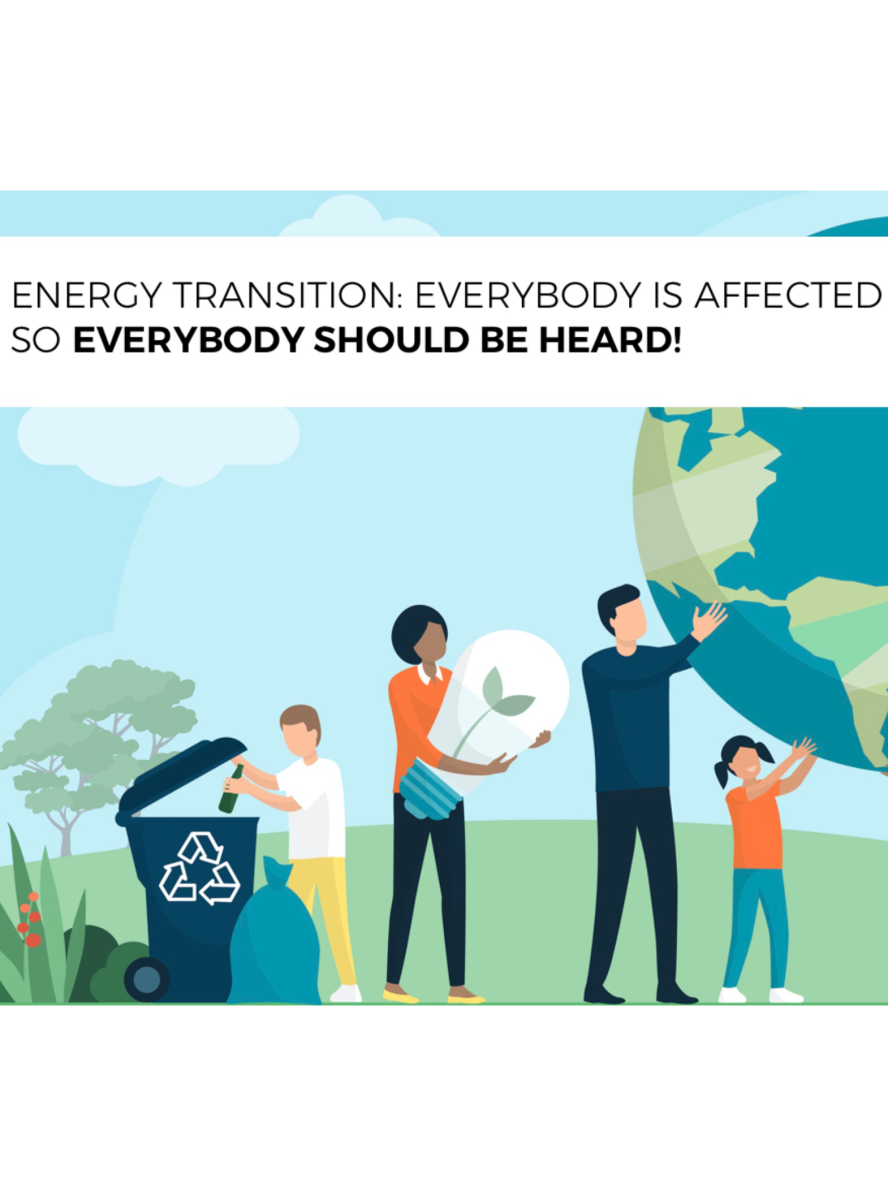A European model for an equitable energy transition for us all

Fighting climate change implies the development of national as well as global energy transition policies for the abandonment of fossil fuels in favour of renewable energy. To mark COP26, the Network of European Foundations, is drawing attention to the need to listen to, and take into account, the voices of the most vulnerable groups and those most impacted by such policies. This is the objective of the European ‘Fair Energy Transition for All’ project, chaired by the King Baudouin Foundation.
The need for a ‘clean and equitable energy transition’ is on the agenda of the United Nations’ 26th Conference on Climate Change (COP26). It is also a subject that is being addressed by European philanthropic foundations.
Since 2020, and at the behest of the King Baudouin Foundation, a consortium of European philanthropic foundations has been leading the Fair Energy Transition for All (FETA) project in nine European countries (Belgium, France, Italy, Spain, the Netherlands, Denmark, Poland, Bulgaria and Germany). The project set up a research facility to listen to the voices of the most vulnerable groups in our society, using focus groups. The objective was to listen to citizens at risk of difficulties and to integrate their concerns into the development of equitable energy policies and prices. Ensuring respect for the interests of the most vulnerable people in society is in fact essential if we are to win over the consent of the greatest number of people in drastically reducing our CO2 emissions.
In an open letter addressed to Alok Sharma, President of COP26, FETA related that: “In focus groups, European citizens reported how they take cold showers, rely on polluting coal and wood for heating and that they wrap up their children in blankets in order to save on heating … Of course, most Europeans suffer far less from energy poverty and the effects of climate change than citizens in the developing world, but we believe that the FETA approach offers elements of a model to craft a fair energy transition.”
Between now and 2022, the FETA project will collect the views and concerns of some 1,000 vulnerable citizens and 200 European experts. It will present specific recommendations to policy makers regarding how our countries can meet the challenges of reducing carbon emissions established by the COP, whilst also benefiting the most disadvantaged citizens.